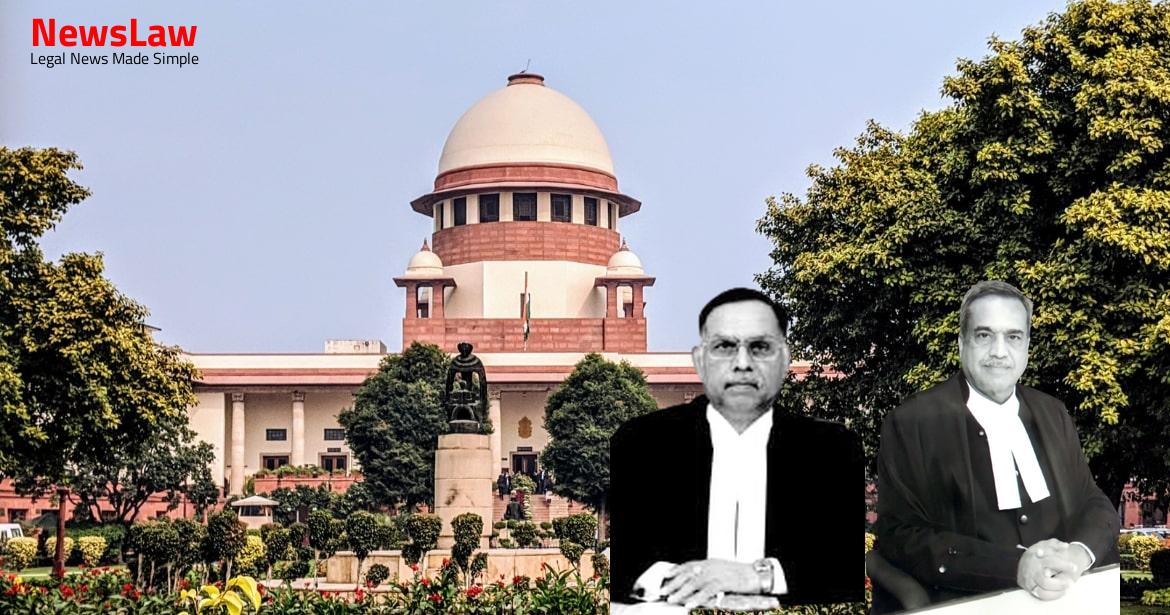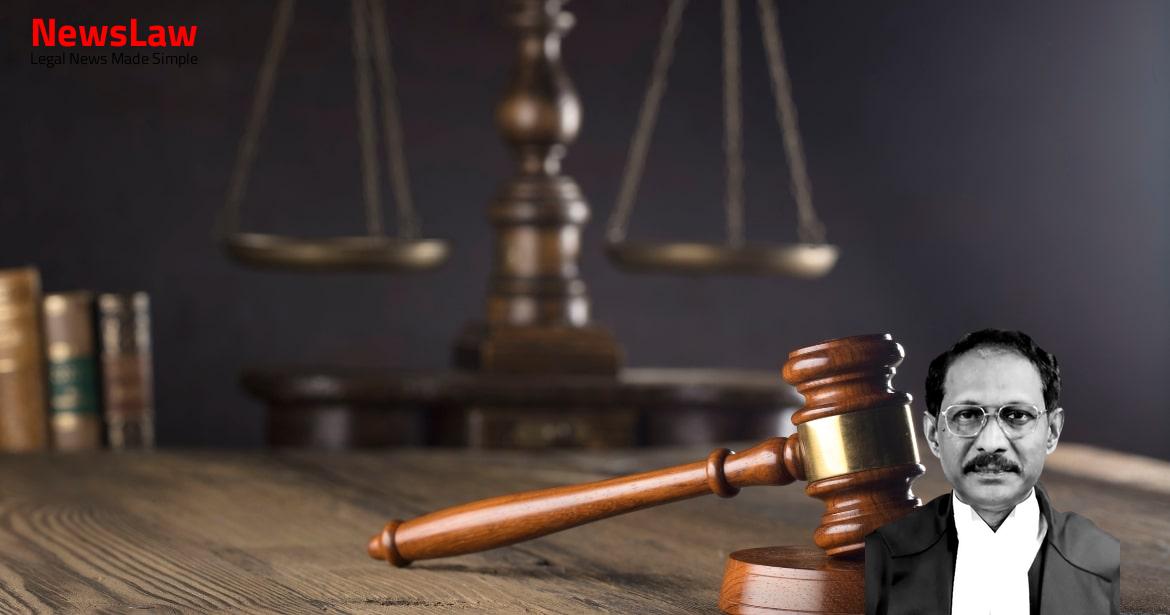Explore the court’s insightful legal analysis on the allocation of funds for disaster management and the establishment of the PM CARES Fund. The case delves into the intricacies of the Disaster Management Act, highlighting the nuances between the National Disaster Response Fund and the PM CARES Fund. Discover the significance of statutory provisions, guidelines, and the court’s ruling on the utilization of funds for managing disasters. Stay informed about the legal implications of fund allocation in disaster response efforts.
Facts
- The UN/GA convened the second World Conference on Disaster Risk Reduction (DRR) in Kobe, Hyogo, Japan in 2005.
- The conference concluded the review of the Yokohama Strategy and its Plan of Action and adopted the Hyogo Framework for Action 2005–2015.
- The Hyogo Framework for Action aimed at building the resilience of nations and communities to disasters by 168 countries.
- The HFA outlined five priorities for action:
- 1. Ensure that DRR is a national and local priority with a strong institutional basis for implementation.
- 2. Identify, assess, and monitor disaster risks and enhance early warning.
- 3. Use knowledge, innovation, and education to build a culture of safety and resilience at all levels.
- 4. Reduce the underlying risk factors.
- 5. Strengthen disaster preparedness for effective response at all levels.
Also Read: Enhancing Compensation and Modifying Sentences: A Legal Analysis
Arguments
- Petitioner argues that there is no provision in the 2019 Plan to allocate funds to NDRF.
- The establishment of PM CARES Fund is questioned in light of the existence of NDRF for disaster management.
- Petitioner seeks to transfer funds from PM CARES Fund to NDRF, which is deemed non-maintainable.
- Counter affidavit questions the validity of setting up a permanent body solely for filing litigation on ‘public interest’ issues.
- The National Disaster Management Plan as per Section 11 of the Act, 2005 is already in place.
- Counter affidavit explains that the National Plan does not contain day-to-day management instructions for specific disasters.
- NDRF being subject to CAG audit is contrasted with PM CARES Fund not being subject to CAG audit.
- Discrepancies between Operational Guidelines for NDRF and PM CARES Fund are highlighted by the petitioner.
- The petitioner insists on adhering to Section 46 of the Act, 2005, which mandates crediting contributions for disasters into the NDRF.
- Petitioner emphasizes the need for detailed guidelines for relief measures, including provisions for widows and orphans.
- Centre’s obligation to prepare a National Plan specifically for COVID-19 is stressed by the petitioner.
- Respondent raised objection on the locus standi of the petitioner
- Contention raised that a permanent body cannot exist only for filing public interest litigations
- Learned Solicitor General prefers to assist the Court on merits rather than locus standi
- Request made to leave the question of locus standi open for other proceedings
- Applications for intervention have been rejected
Also Read: Transfer of Writ Petitions for Chartered Accountants’ Tax Audit Guidelines
Analysis
- The Disaster Management Act, 2005 contains ample powers and measures for Disaster Management by various authorities.
- The guidelines for the constitution and administration of NDRF do not cover biological and public health emergencies.
- The National Plan for Disaster Management, 2019 already covers Biological and Public Health Emergencies.
- The PM CARES Fund is a public charitable trust and is not audited by the CAG.
- There is no statutory restriction on utilizing NDRF for COVID-19 relief efforts.
- Existing guidelines under Section 12 of the Act cover minimum standards of relief, including relief camps, special provisions for widows and orphans, and more.
- The PM CARES Fund allows for donations to qualify as CSR expenditure and provides tax benefits.
- The National Plan for Disaster Management encompasses all types of disasters and is a proactive measure for preparedness.
- Section 11 of the Act mandates the preparation of a National Plan prior to disasters occurring.
- The financial decisions and planning for disaster relief are within the domain of the Central Government.
- The guidelines ensure minimum standards of relief for persons affected by disasters, including food, shelter, medical cover, and sanitation.
- The National Disaster Response Fund is established under Section 46 of the Disaster Management Act, 2005.
- The Fund is credited with amounts provided by the Central Government through appropriation by Parliament and grants from other sources for disaster management purposes.
- The purpose of the National Disaster Response Fund is to provide financial resources to meet threatening disaster situations.
- The Fund is essential for effective disaster management and response in the country.
- The mere fact that administration of the Trust is vested in trustees, i.e., a group of people, will not take away the public character of the Trust.
- Charitable trusts created to benefit specific charities or the general public are often eligible for favorable tax treatment.
- The National Plan under Section 11 has already been approved by the National Disaster Management Authority.
- The guidelines for minimum standards of relief under Section 12 of the Act have been placed on the website of NDMA.
- The claim of the petitioner for directing Union of India to prepare a National Plan under Section 11 for COVID-19 has been found to be without merit.
- Union of India can utilize NDRF for COVID-19 fight as per guidelines
- No statutory prohibition for contributions to NDRF by individuals or institutions
- Contributions to PM CARES Fund are voluntary and separate from NDRF
- Funds in PM CARES Fund are for a public charitable trust
Also Read: Analyzing Interference with Acquittal in Legal Conviction Case
Decision
- The writ petition is dismissed, subject to clarification of law as provided above.
- The prayer to transfer all funds collected in the PM CARES Fund to the NDRF is denied.
- There is no need to issue any direction to transfer the funds to the NDRF.
- Prayer ‘a’ and ‘b’ of the writ petition are refused.
- The decision regarding prayer ‘c’ is pending.
Case Title: CENTRE FOR PUBLIC INTEREST LITIGATION Vs. UNION OF INDIA (2020 INSC 494)
Case Number: W.P.(C) No.-000546 / 2020



